1、 Curing method
1. Temperature: its cold resistance is very high, so the general ambient temperature needs to be maintained between 21 and 27 degrees, and the temperature in winter needs to be maintained above 7 degrees at least to prevent frostbite. The high temperature in summer should not be too high to reduce the occurrence of plant ulceration
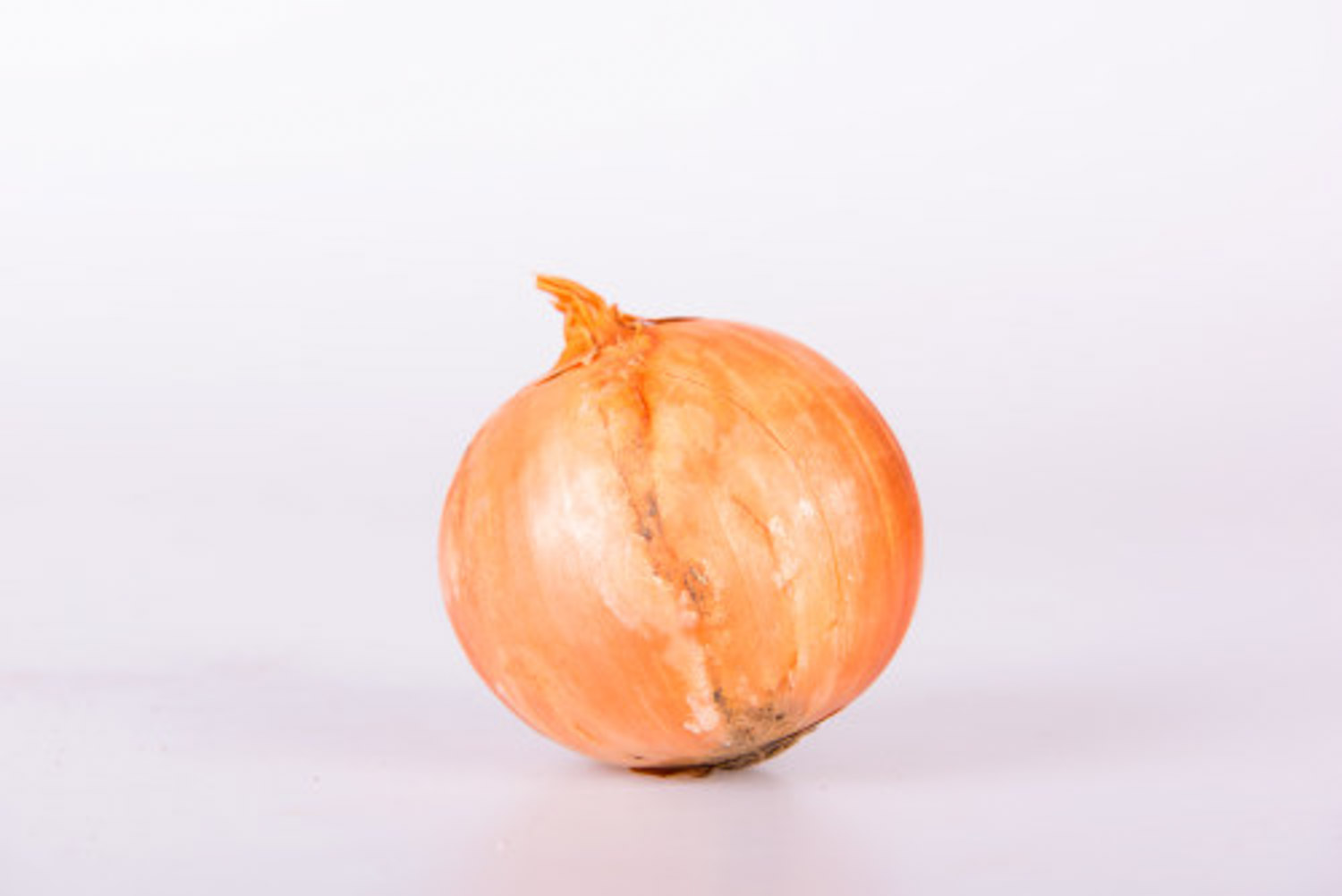
2. Watering: a lot of water is needed during the growth period, because it can make the plant grow more ideal. At the same time, the meat is thicker and the juice is more. Pay more attention to this especially in summer. You need to water almost every morning and evening. In winter, you don't need to water often. Controlling watering can make it pass the winter normally
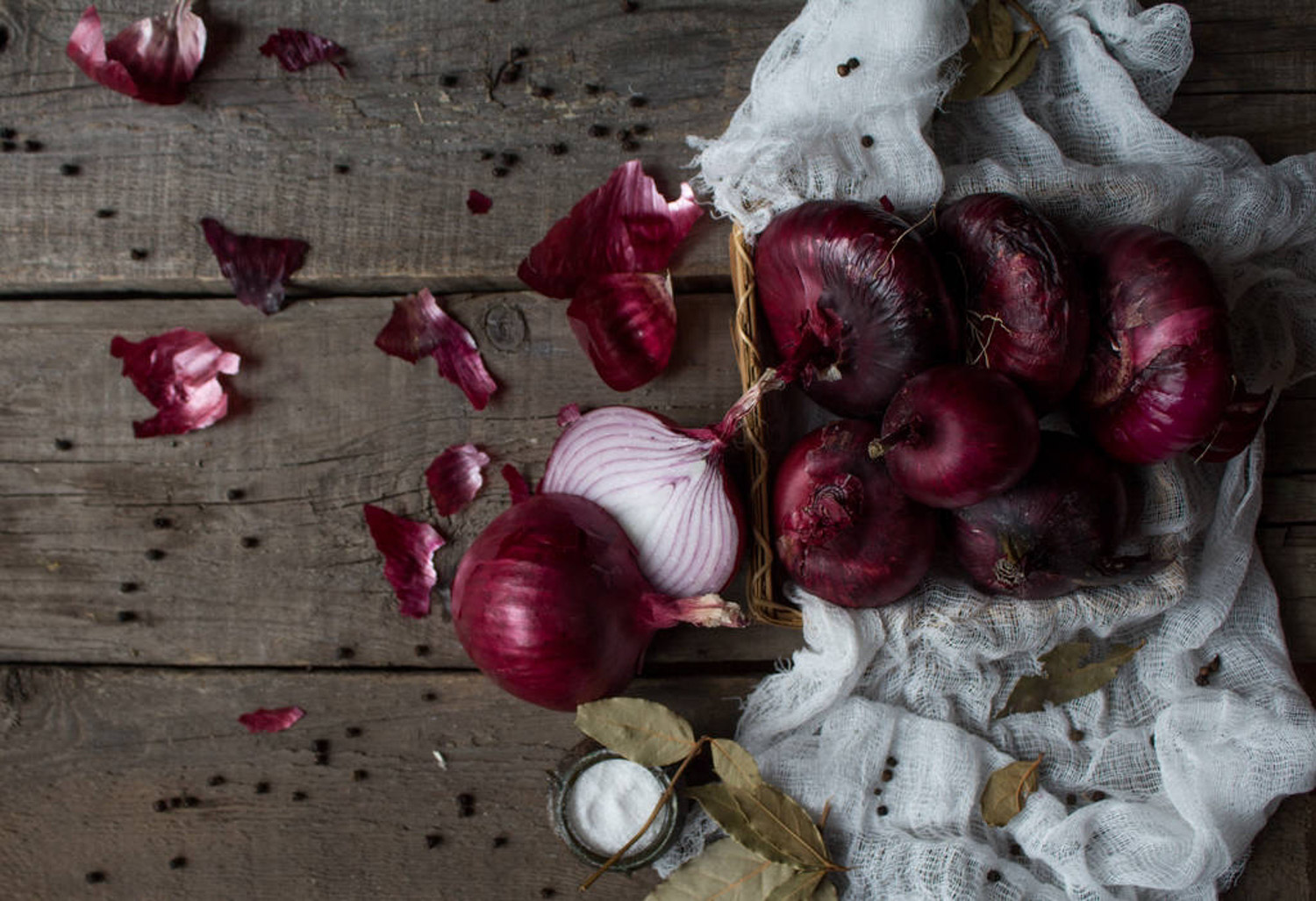
3. Light: the general light is within its bearing range. Don't worry about the risk of sunburn. Of course, try to ensure sufficient and warm sunshine for it, so that its growth will be more vigorous and its color will be more perfect
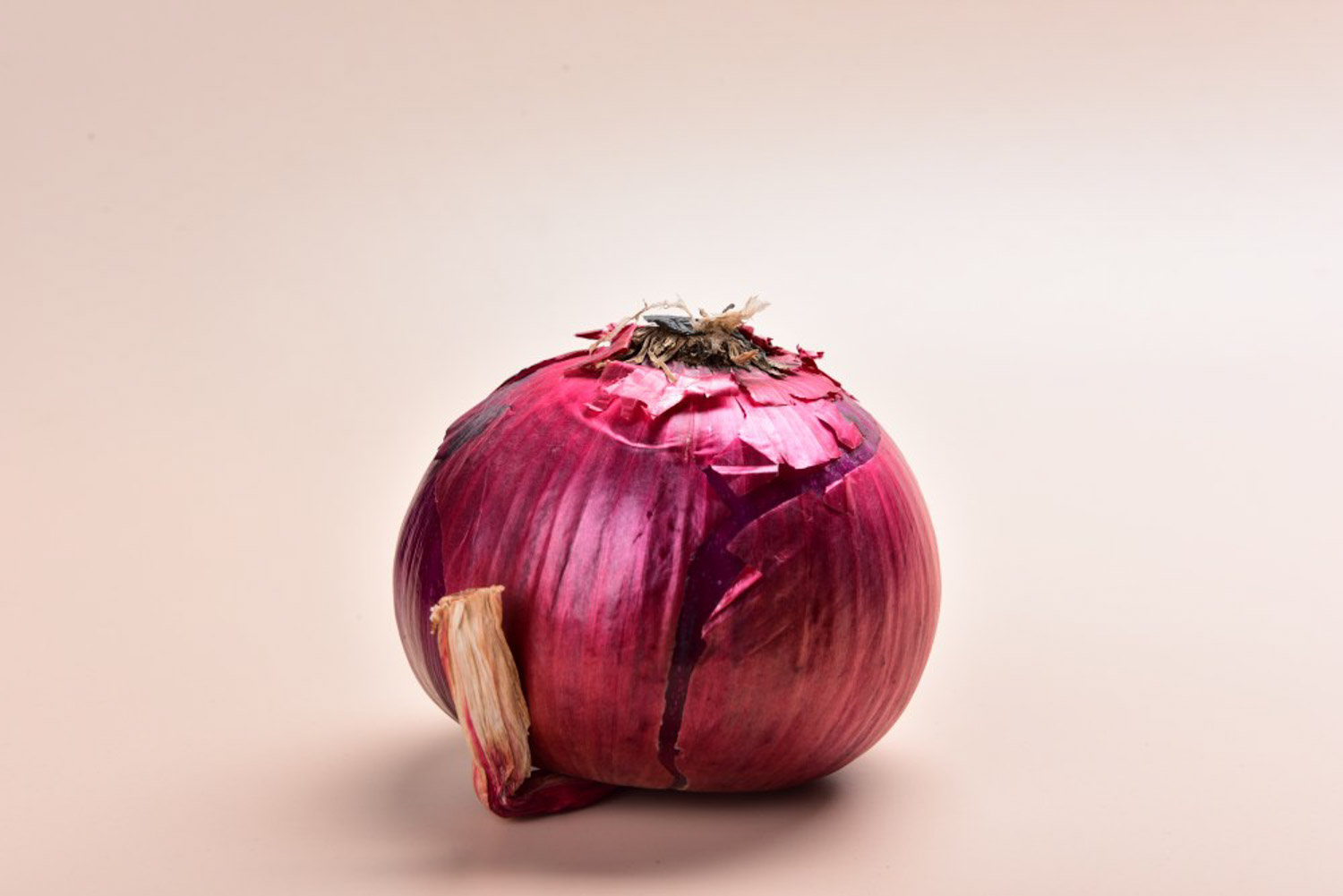
4. Fertilization: it needs to absorb some trace elements during its growth, which is also necessary for its growth, so it needs to apply some compound fertilizer during its growth, but pay attention to thin fertilizer and frequent application, and do not apply too much each time, otherwise it will burn the plant

2、 Breeding skills
1. Propagation: sowing and bulb propagation are the main methods. Sowing is carried out in spring. Pay attention to temperature and watering after sowing, and transplant it after it grows three leaves. Bulb propagation directly bury the onion head in the soil, then control the watering and wait for it to germinate. Of course, in these two methods, sowing can be planted in a large area. Like bulbs, it is generally the method adopted by family breeding

2. Pruning: it doesn't need pruning, because its shape is different from other plants, and the growth speed of branches and leaves is not very fast, so try not to prune, otherwise it will be counterproductive
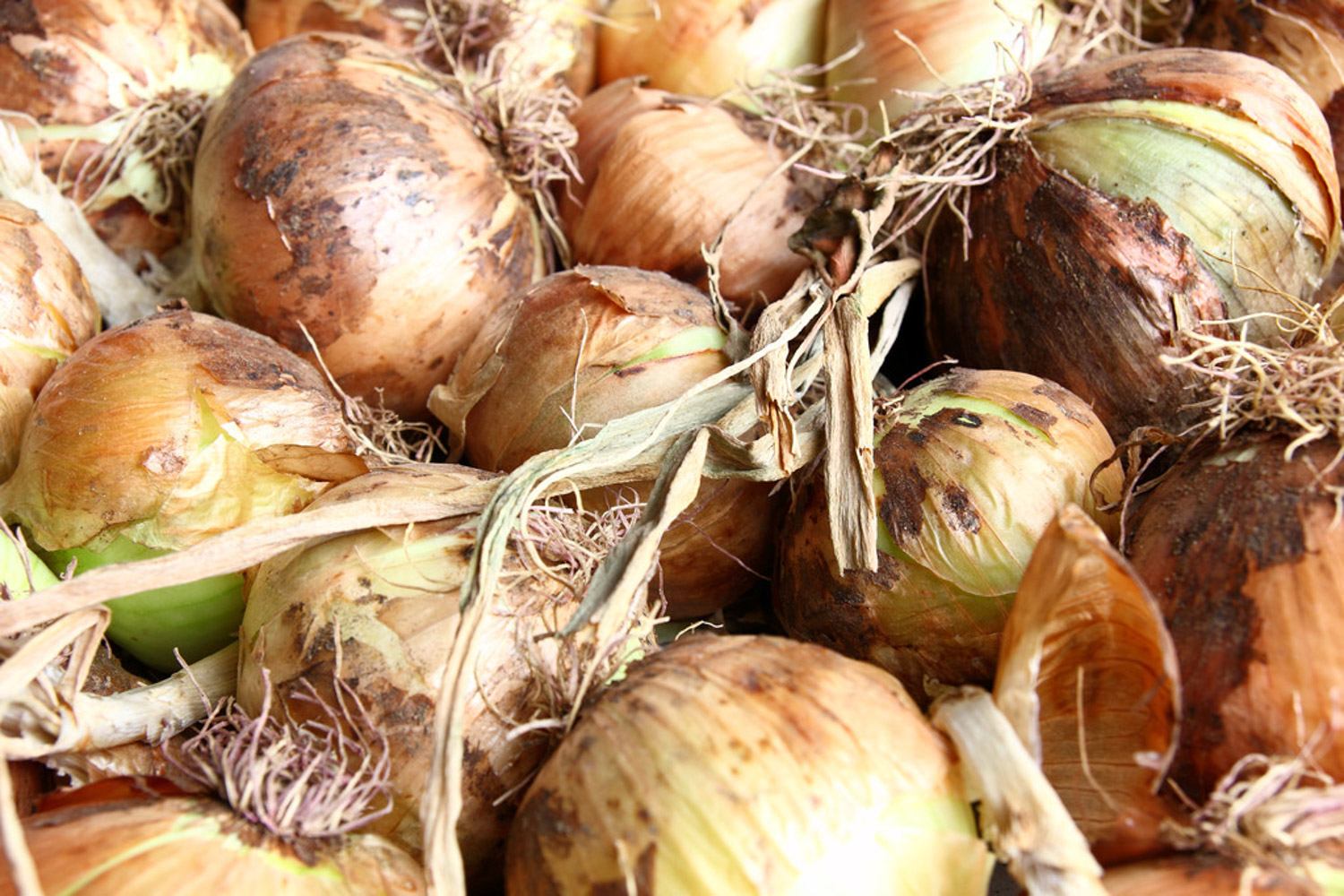
3、 Problem diagnosis and treatment
1. Disease: purple spot disease will occur during fruit ripening, which will seriously affect the yield. Therefore, it is necessary to select disease-free seeds when planting, and reduce humidity to control it

2. Insect pests: aphids may occur and can be sprayed with dichlorvos solution

4、 Other issues
1. Toxicity: no poison, edible, very suitable for breeding
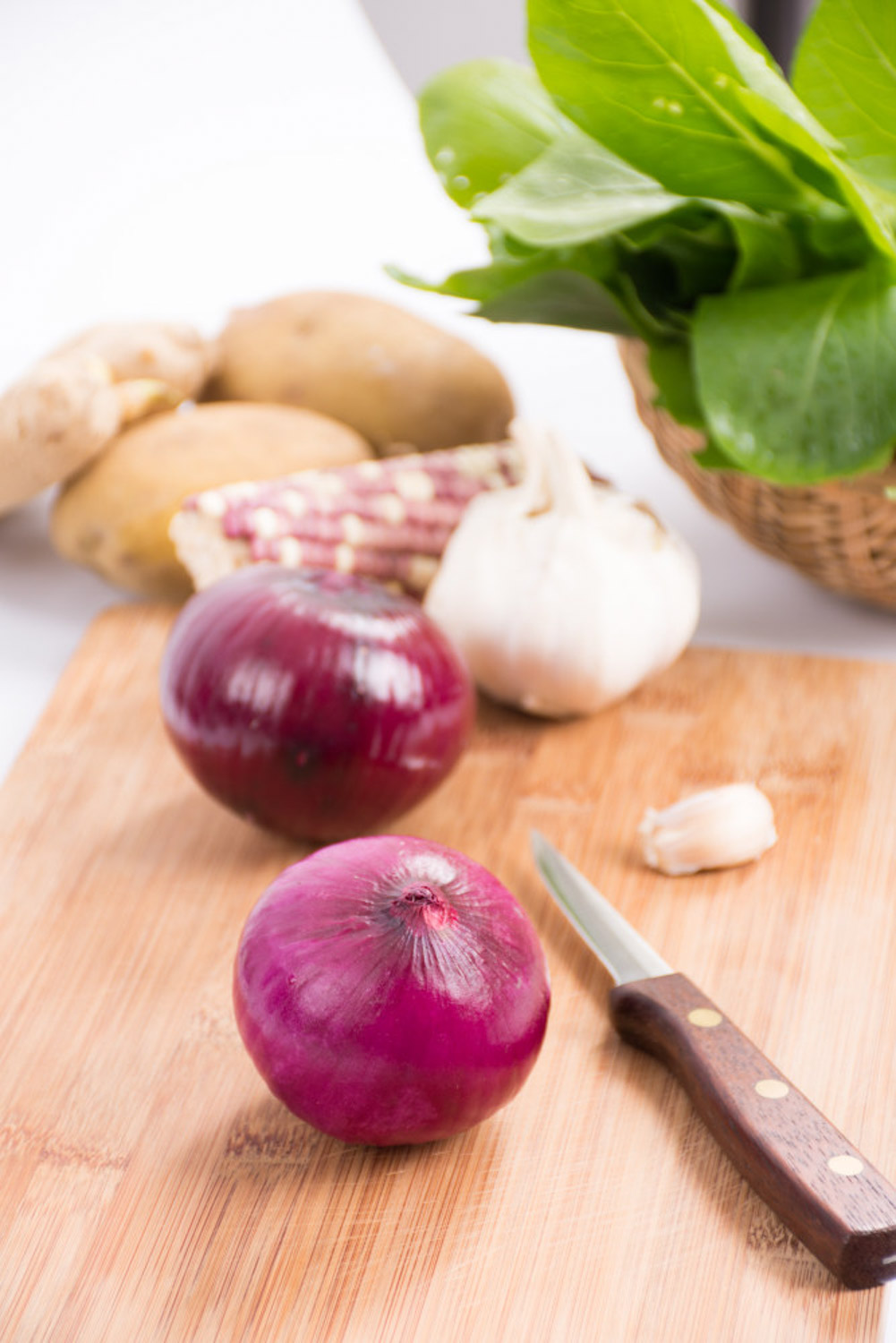
2. Whether it can be raised at home: Yes, domestic breeding can only be planted in a small amount, and large-scale planting still needs to be carried out outdoors
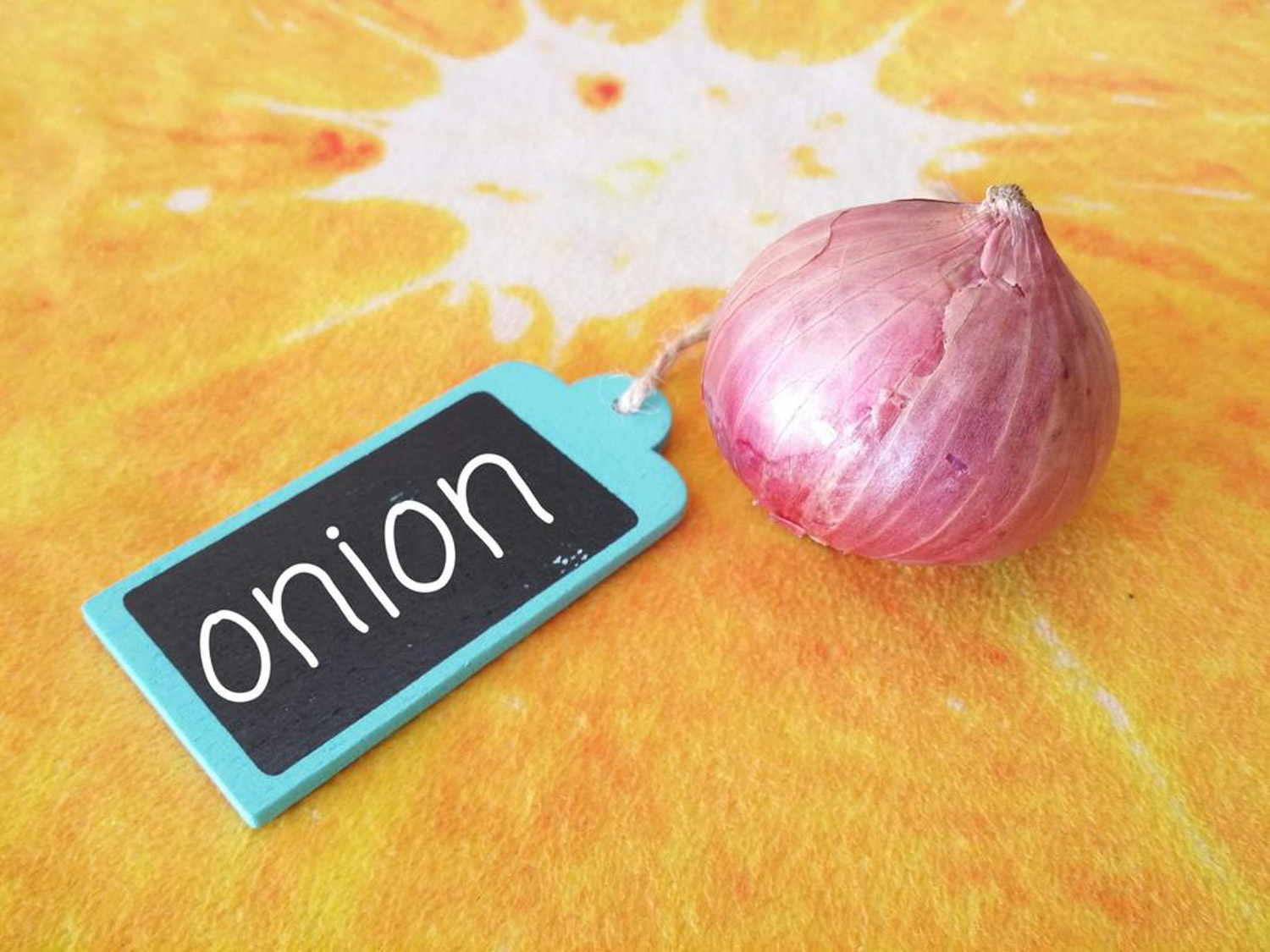

 how many times do yo...
how many times do yo... how many planted tre...
how many planted tre... how many pine trees ...
how many pine trees ... how many pecan trees...
how many pecan trees... how many plants comp...
how many plants comp... how many plants can ...
how many plants can ... how many plants and ...
how many plants and ... how many pepper plan...
how many pepper plan...






























